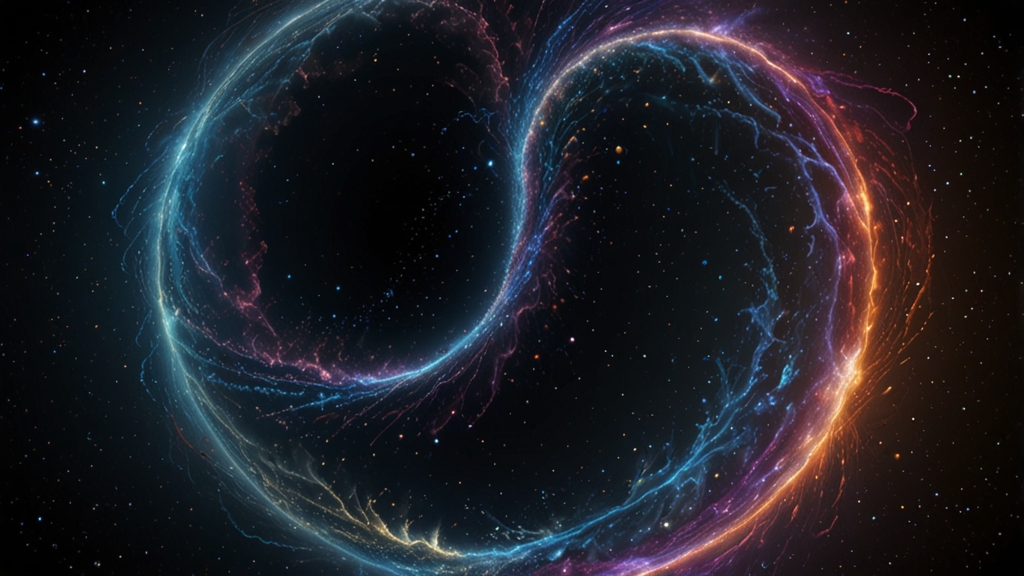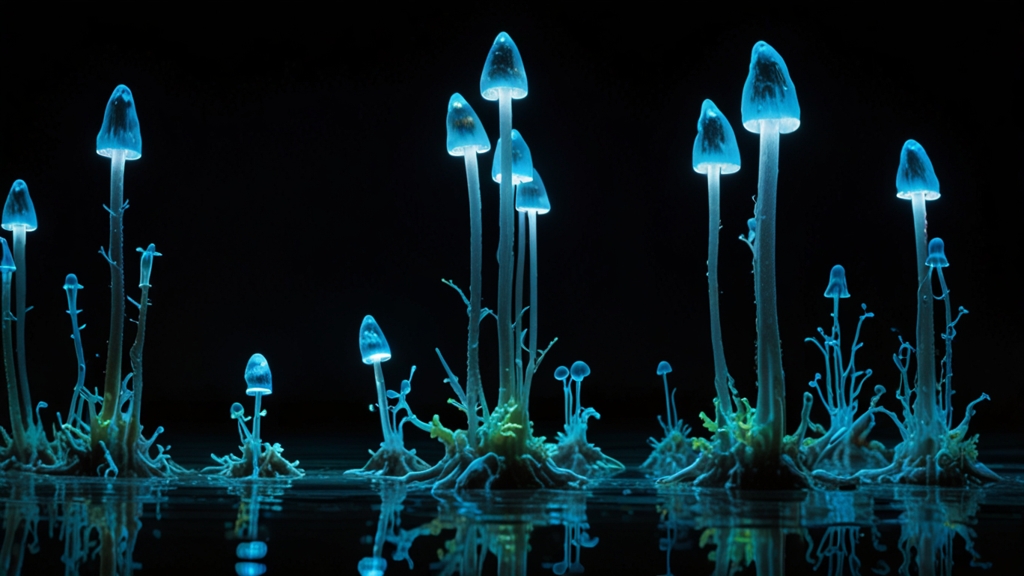What is Reality? A Metaphysical Exploration of Existence
The question of what reality is has puzzled philosophers, scientists, and thinkers for centuries. At its core, the exploration of reality is a metaphysical endeavor that seeks to understand the nature of existence, consciousness, and the universe itself. Is reality what we can perceive with our senses, or does it extend beyond the tangible? This article delves into these profound questions, examining various perspectives and theories that attempt to define reality.
Defining Reality: The Physical and the Perceived
When we talk about reality, we often refer to the physical world—everything that can be seen, touched, and measured. This materialist perspective is based on the assumption that only things that can be empirically verified are real. However, this view is just one way to interpret reality. Our senses, powerful as they are, are also limited and can be deceived. Optical illusions, for instance, challenge our perception and force us to reconsider what we think we see.
Additionally, the subjective nature of perception means that different people can experience the same event in distinct ways. This subjectivity brings us to another layer of reality—the personal and psychological. What one person perceives as reality may differ significantly from another's perspective, shaped by individual experiences, emotions, and cognitive biases.
Philosophical Perspectives on Reality
Philosophers have long debated the essence of reality. Plato, for example, posited that the world we perceive through our senses is just a shadow of the true, eternal forms that exist in a non-material realm. According to Platonic thought, the material world is imperfect and constantly changing, but the world of forms is perfect and unchanging.
Conversely, Immanuel Kant argued that while we can never truly know the "thing-in-itself" (the noumenon), we can understand phenomena (things as they appear to us). Kant believed that our minds play an active role in structuring the data we receive through our senses, thus shaping our perception of reality. This view suggests that reality is not just out there for us to discover, but is also a construct of our own consciousness.
Scientific Interpretations
In the realm of science, particularly quantum physics, the nature of reality becomes even more complex and mind-bending. The famous double-slit experiment revealed that particles such as electrons can behave both as particles and as waves, depending on whether they are observed. This phenomenon implies that the act of observation itself can influence the state of reality, leading to various interpretations like the Copenhagen Interpretation and the Many-Worlds Interpretation.
The Copenhagen Interpretation suggests that particles exist in a state of probability until they are observed, at which point they adopt a definite position or state. This view challenges the classical notion of a deterministic, objective reality.
On the other hand, the Many-Worlds Interpretation posits that every possible outcome of a quantum event exists simultaneously in an ever-branching multiverse. According to this theory, every decision we make creates new, parallel universes where different versions of reality unfold.
Reality and Consciousness
The relationship between reality and consciousness is another area of intense investigation. Some theories suggest that consciousness itself plays a pivotal role in shaping reality. If reality does not exist independently of observers, then consciousness could be fundamental to the fabric of existence.
As the physicist John Wheeler put it, "We are participators in bringing into being not only the near and here, but the far away and long ago."
Such perspectives intertwine with notions found in Eastern philosophies and spiritual traditions. For instance, in Buddhism, reality is viewed as an interconnected web, where separateness is an illusion fostered by limited perception. In these views, an enlightened consciousness can perceive reality more holistically, transcending the ordinary limitations of sensory experience.
Conclusion: An Ever-Evolving Exploration
What is reality? The journey to answer this question is ongoing and continuously evolving. Philosophical debates, scientific discoveries, and personal introspections all contribute to our understanding of existence. Whether reality is an objective construct, a subjective experience, or a complex interplay between the two, the exploration of this profound question reveals more about our universe and ourselves.
Albert Einstein once remarked, "Reality is merely an illusion, albeit a very persistent one." This idea encapsulates the deep and often paradoxical nature of reality that has captivated human thought for ages.
Ultimately, the exploration of reality challenges us to expand our minds, question our assumptions, and embrace the mysteries that lie at the heart of existence.










